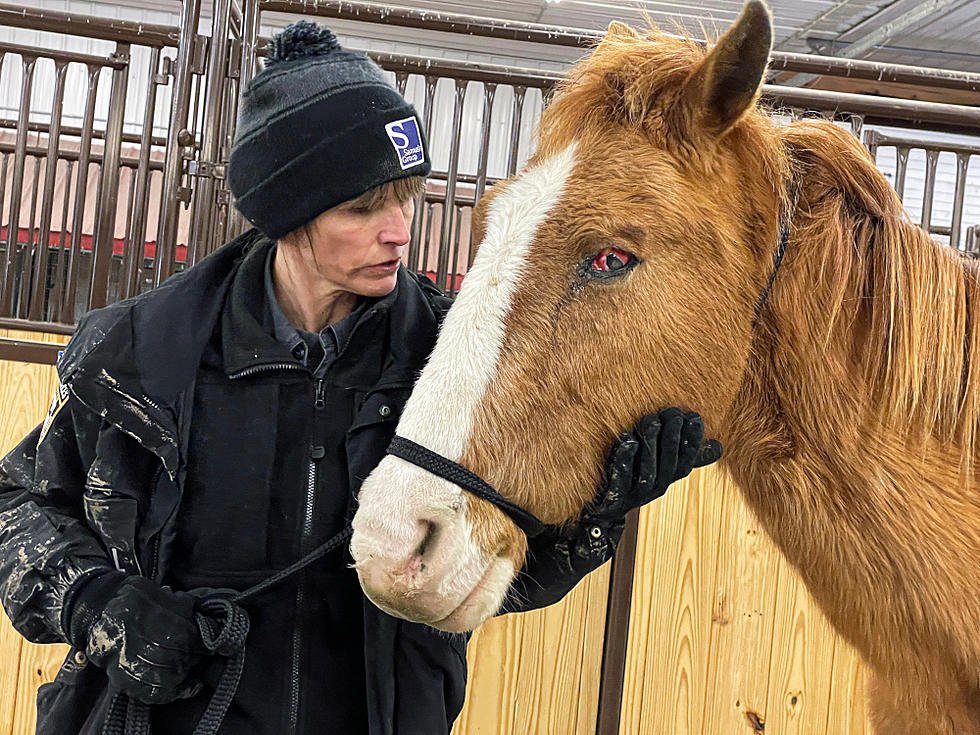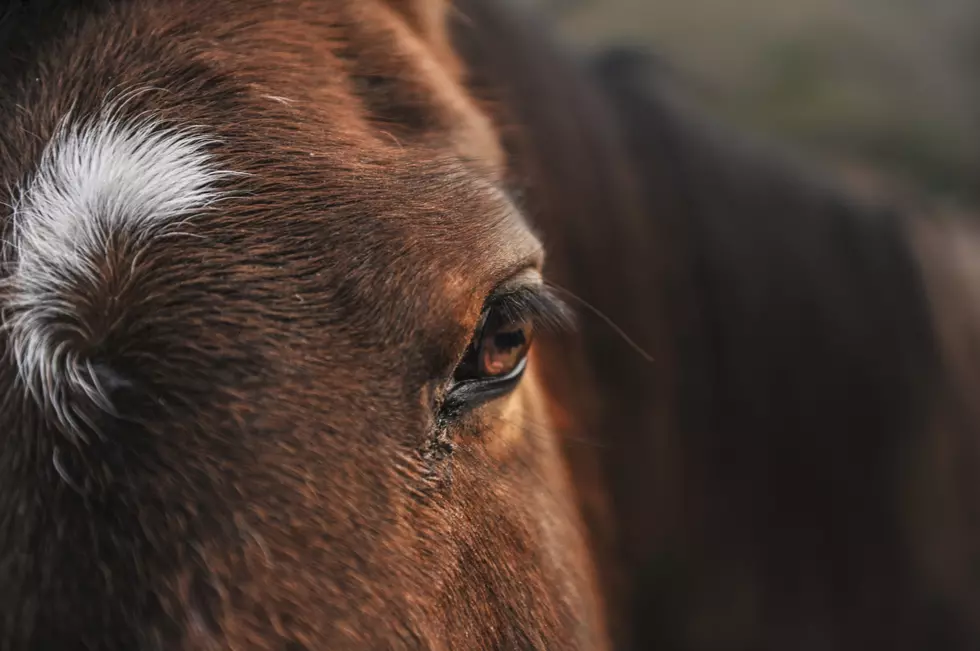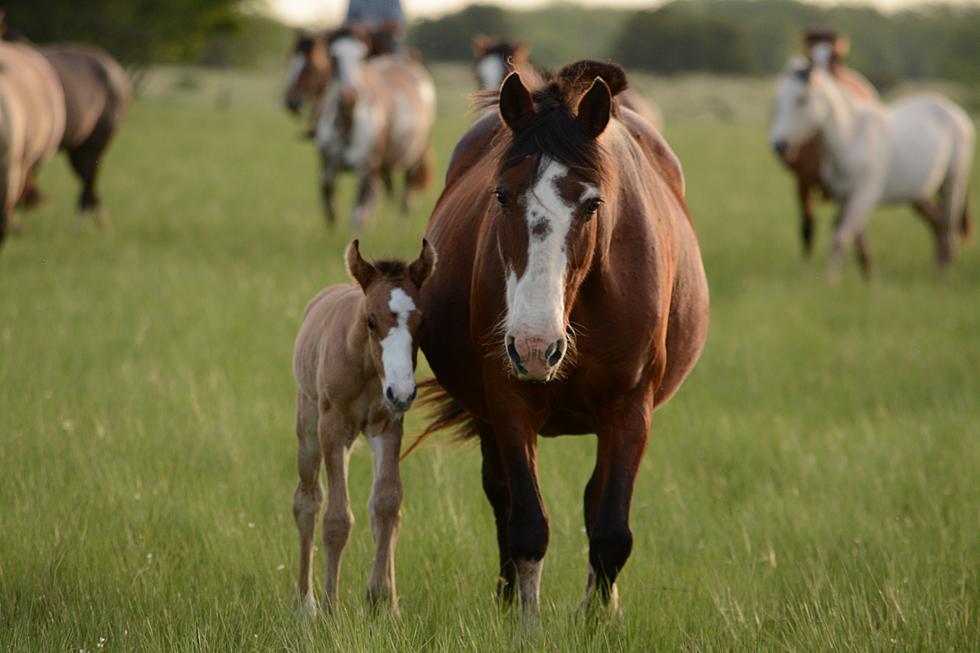
Horses At Iowa Facility Are Being Quarantined
Late last week, the Iowa Department of Agriculture and Land Stewardship confirmed a case of equine infectious anemia (EIA).

According to the USDA Animal and Plant Health Inspection Service, equine infectious anemia is a viral disease that affects the equine family- horses, ponies, zebras, mules, and donkeys.
AM 950 KOEL reached out to the Iowa Department of Agriculture who confirmed one horse on a Warren County facility tested positive for EIA. The facility is currently under official quarantine for a minimum of 60 days. All horses will be required to test negative before being released from quarantine.
According to The Horse, the disease is spread through body fluids- often through blood-feeding insects.
The disease is detected through a Coggins test that looks at the antibodies in the animal’s blood for the presence of the EIA virus. In most states, you are required to have proof of a negative test to travel across state lines.
When a horse is exposed to the disease, it has an incubation period of 60 days before you could start seeing symptoms. According to the USDA, in an acute case, some symptoms can include:
- Jaundice (yellow discoloration of mucous membranes)
- rapid breathing, rapid heart rate
- swelling of limbs
- bleeding from the nose, or red/purple spots on mucous membranes
- blood-stained feces
However, not all horses show signs of EIA.
Currently, there are no treatments or vaccines available for EIA. Infected animals are lifetime carriers of the disease and have to be permanently quarantined or euthanized.
Yep, You Can Stay in an Actual Iowa Grain Bin!
More From AM 950 KOEL






![John Deere’s Biggest Tractor Will Be Built In Waterloo [PHOTOS]](http://townsquare.media/site/726/files/2024/02/attachment-Waterloo-Tractor-1.jpg?w=980&q=75)
![Eastern Iowa FFA Chapter’s ‘Tractor’ Video Goes Viral [WATCH]](http://townsquare.media/site/675/files/2024/02/attachment-tractors.jpg?w=980&q=75)

